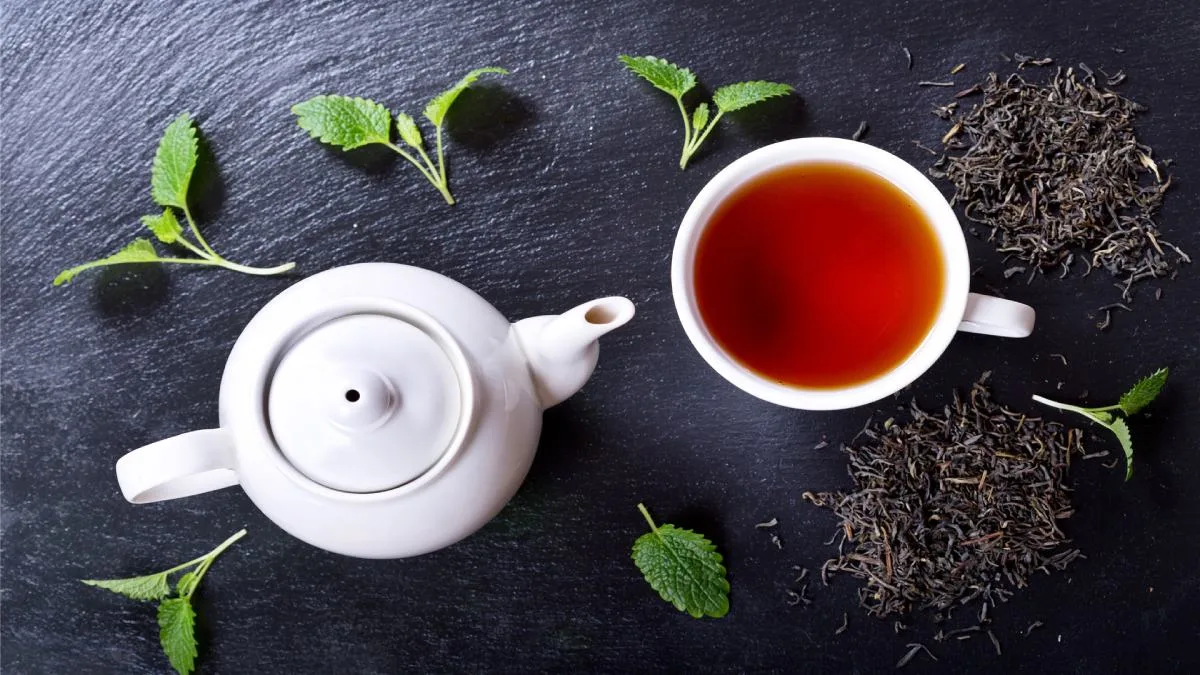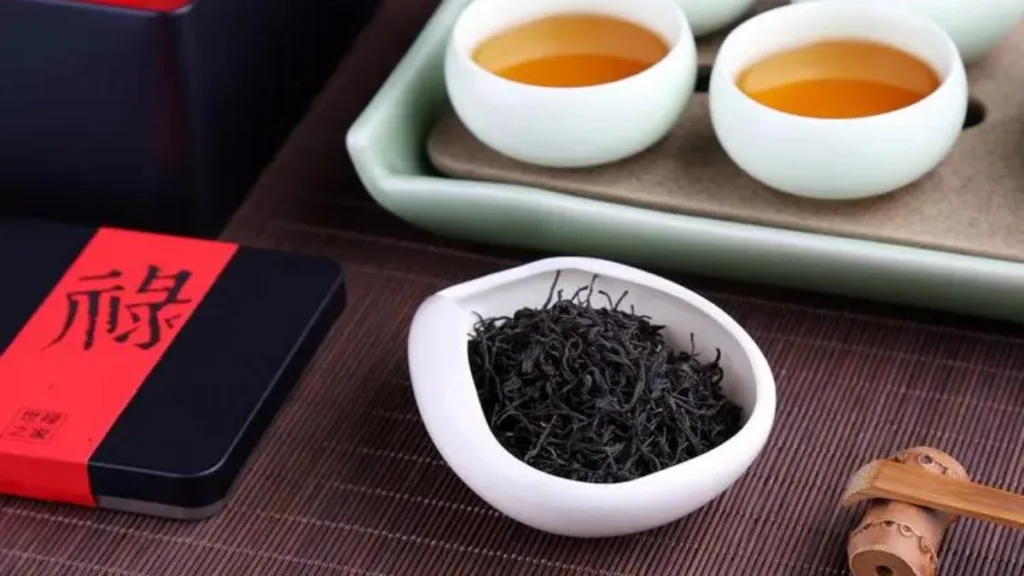For tea enthusiasts who want to enjoy the soothing experience of tea without the potential disruption to their sleep caused by caffeine, decaffeinated black tea emerges as an attractive alternative. This article aims to delve into the question: Is decaffeinated black tea good for you? Through careful analysis, we explore the health benefits associated with opting for decaffeinated tea.
Decaffeinated Black Tea: A Positive Choice
The answer to the question is a resounding yes. Standard black tea contains high levels of caffeine, making it less suitable for individuals sensitive to this stimulant. However, consuming decaffeinated tea or other herbal infusions (such as chamomile or mint) provides numerous benefits without the unnecessary stimulation of caffeine. Here are some health advantages associated with the consumption of decaffeinated tea.
- Heart Disease Prevention: Both black and green tea have shown positive effects in lowering triglyceride and cholesterol levels, potentially reducing the risk of heart disease. Antioxidants present in tea can prevent atherosclerosis while inhibiting the absorption of cholesterol. Decaffeinated teas often retain significant amounts of polyphenols, contributing to these benefits. Thus, opting for decaffeinated tea can reduce the likelihood of stroke.
- Antioxidants: Regular consumption of decaffeinated tea provides the body with antioxidants, offering protection to the skin, muscles, eyes, immune system, and heart function. These antioxidants help slow down the aging process by preventing the chemical reactions responsible for the production of free radicals. Decaffeinated teas can even aid in preventing certain types of cancer.
- Overall Health Enhancement: Decaffeinated herbal teas contribute to overall health and address specific health concerns. For instance, chamomile tea is known for its calming effects, while cinnamon tea aids in digestion and blood circulation. Peppermint tea alleviates stress, and fennel tea soothes the respiratory system and complications.
- Nutrient-Rich Content: Decaffeinated tea serves as an excellent option for those who prefer to avoid the stimulating effects of caffeine. In addition to polyphenols, decaffeinated teas contain various minerals and vitamins, such as thiamine, beta-carotene, ascorbic acid, manganese, folate, fluoride, potassium, and riboflavin. Consuming a cup of decaffeinated tea daily ensures the body receives sufficient nutrition for normal functioning.
However, it’s crucial to note that if the decaffeination process involves chemical methods rather than water processing, the tea may lose a significant portion of its polyphenols, diminishing its maximum health benefits.
Conclusion: Decaffeinated Black Tea for a Healthful Lifestyle
In conclusion, decaffeinated black tea stands as a healthful choice for tea lovers seeking to avoid the potential drawbacks of caffeine. It offers a range of benefits, including heart disease prevention, antioxidant support, overall health enhancement, and a nutrient-rich profile. For those sensitive to caffeine or looking to enjoy a soothing cup of tea without interference with sleep, decaffeinated black tea provides a flavorful and health-conscious alternative. Whether you choose decaffeinated black tea or explore a variety of herbal infusions, the key is to prioritize a balanced and healthful lifestyle. Cheers to the well-being that a cup of decaffeinated tea can bring to your daily routine!



